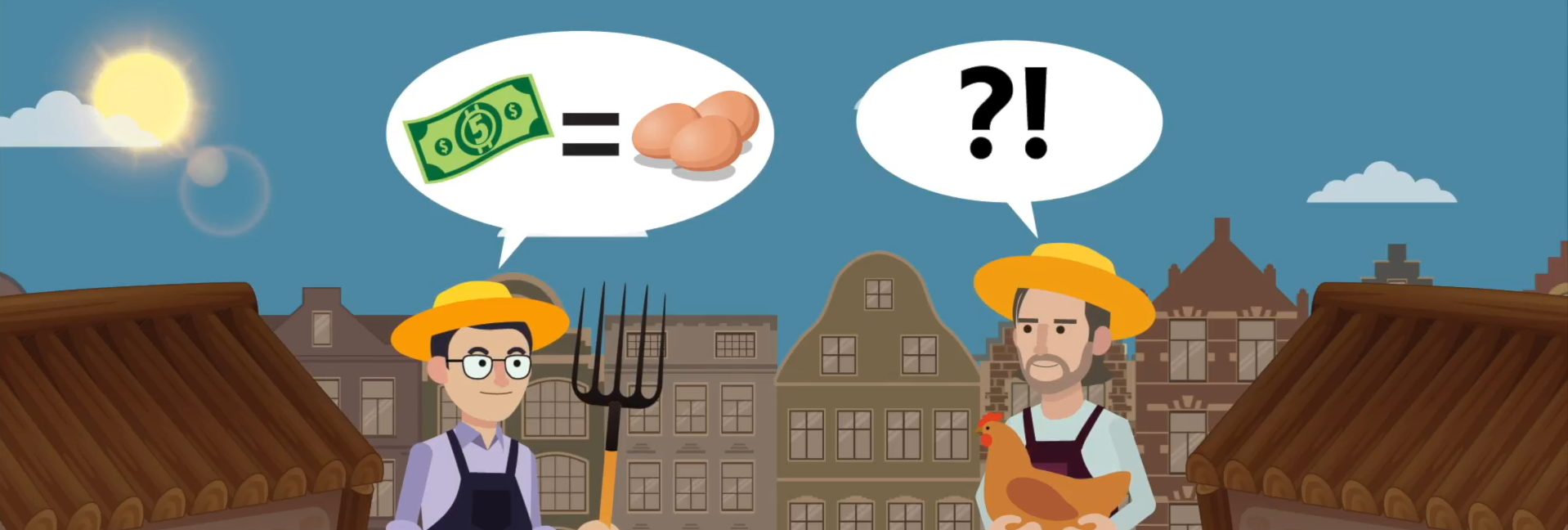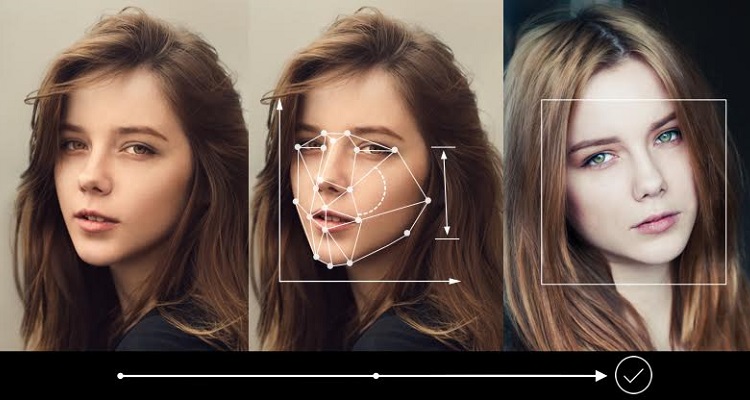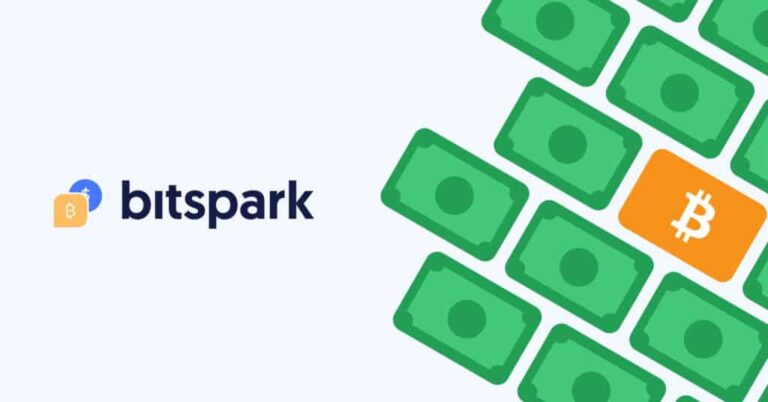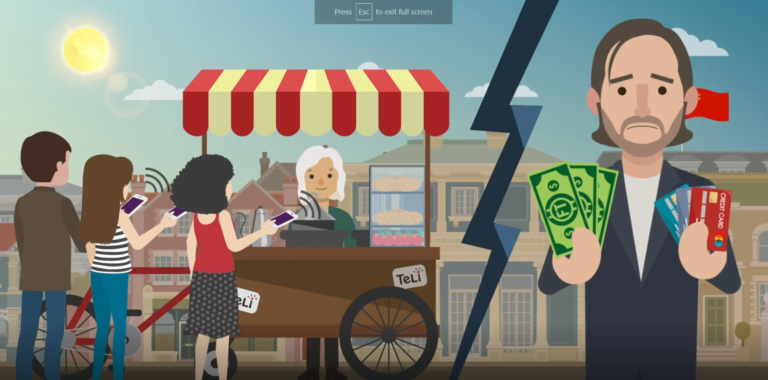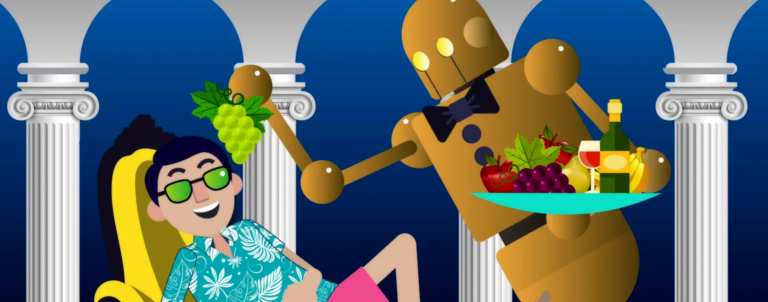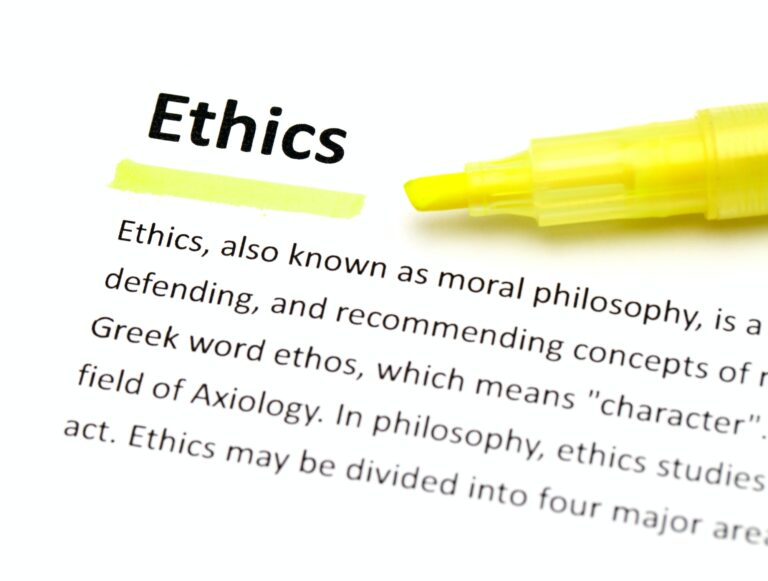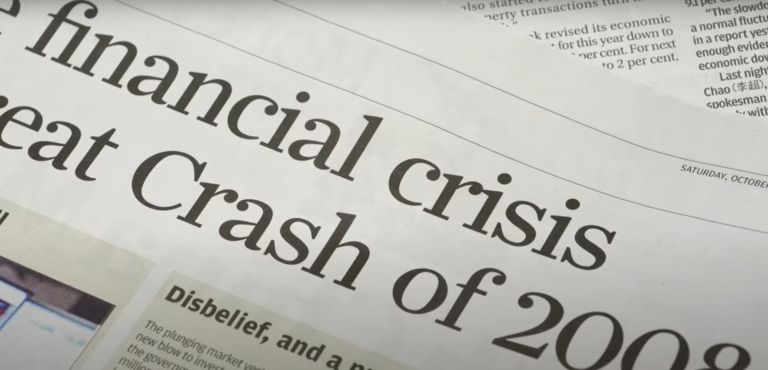Transcript
This time imagine you live in a small European town maybe 250 years ago. You can select your occupation – maybe a blacksmith or cobbler, or, more commonly at the time, a farmer.
Back then most economic enterprises were small family enterprises and everyone knew each other intimately, and a lot of transactions were based on a barter system. So if you raised chickens, you could trade your eggs for whatever else you needed. For example, if you wanted rice, you would need to find a rice farmer who had spare rice to sell – and who wanted eggs – and then agree on how much rice an egg would get you.
Back then, most transactions were proximate, meaning they were directly between two people meeting in person. In that type of proximate, one-on-one scenario where you both live in the same small town, deceptive sales practices are far less likely because merchants relied on their good name.
As you can imagine, it would be pretty awkward if you cheated someone since you would have to continue running into each other in your small town. As a result, this type of personal connection to the community significantly increased the trust within the marketplace.
So as you probably can understand, this type of proximate, one-on-one barter system is fairly limited. If you were a teacher, for example, and you are providing education, then how many eggs is an hour of education worth?
So over time money was introduced as a common medium of exchange, making trade easier and giving rise to service industries and other knowledge-based professions. But here’s the challenge: let’s say you start to receive currency for your eggs rather than bartering for rice or other goods. How can you ensure the value of that currency?
Imagine if for your entire life you’ve been bartering for goods, and now instead someone wants to hand you a piece of paper and say that it is the equivalent value of that particular good. As we discussed earlier, in a vacuum the currency in your wallet has little inherent value. Its value exists simply because we have decided that it does – and society has decided to use it as a medium of exchange. As Bishop’s daughter Lola said, that really doesn’t make any sense!
Well actually it does, but only when based on a very broad social construct founded on trust. We trust that the money we hold in our hands today will have some meaningful value tomorrow.
Even in today’s much more complicated marketplace, trust remains the basis of our monetary system. Our money today is not backed by a physical commodity like gold. It only has value because governments have declared it to be a legal tender, which is what we often call fiat money, and people believe or trust that such status will continue.
If you remove trust from the financial system, then the entire thing crumbles, as we have seen happen during financial crises around the world like the one that is sadly occurring in Venezuela right now.
We’ve done some interesting thought experiments related to money and how we value money, and particularly about how our financial system is based on trust. But then what is the “financial system”? What does that even really mean?

